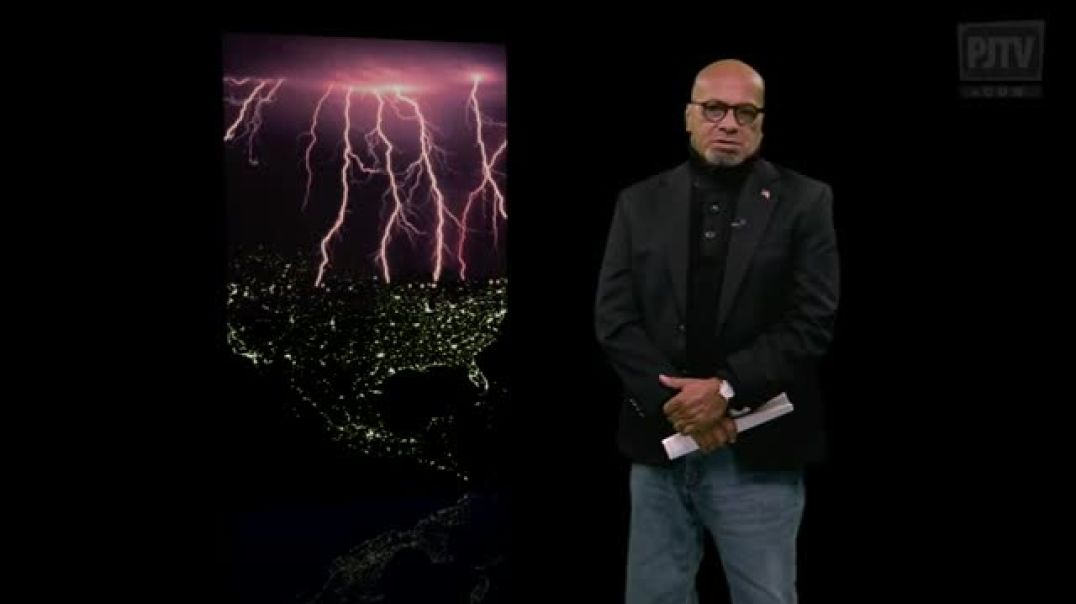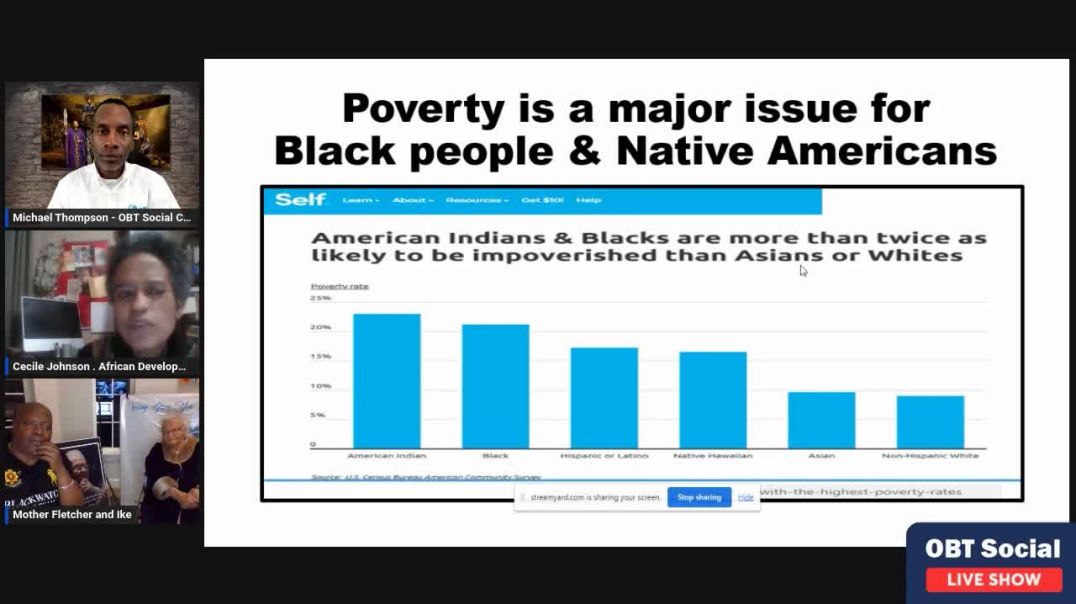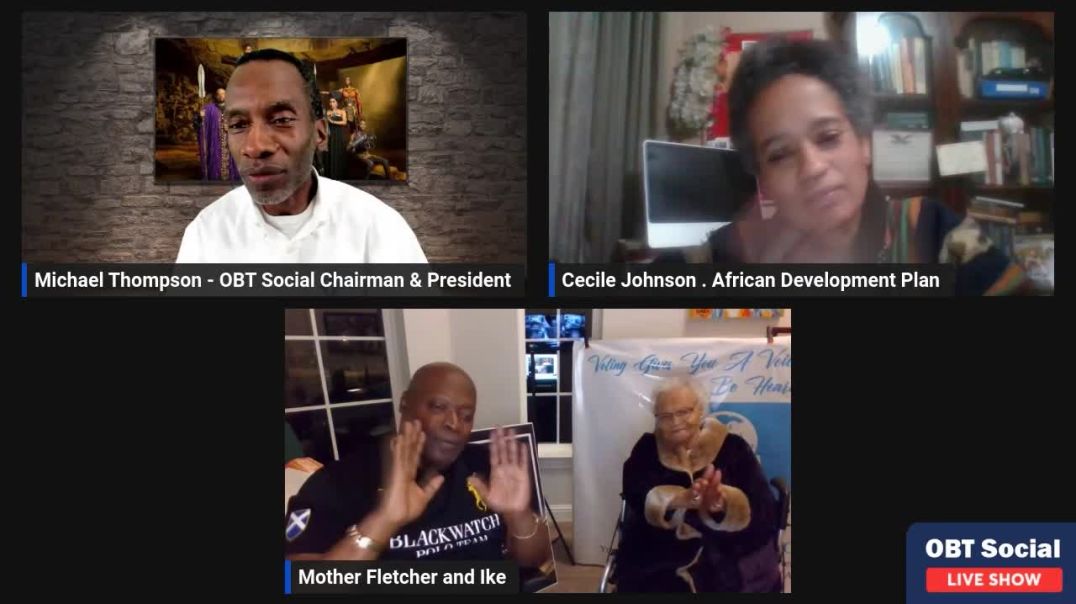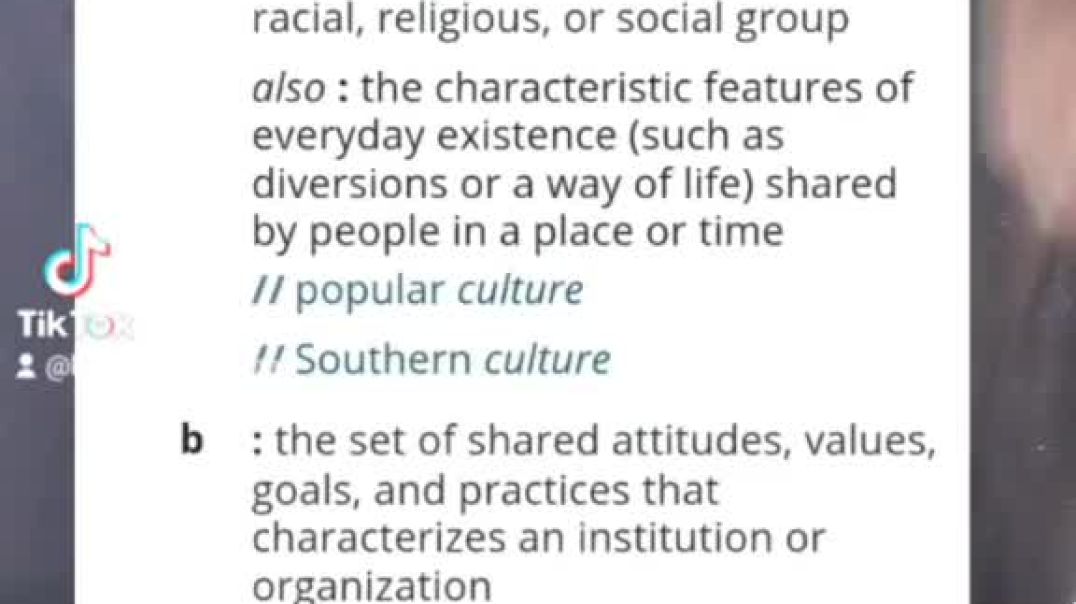Then & Now is FAN-FUNDED! Support me on Patreon and pledge as little as $1 per video: http://patreon.com/user?u=3517018
Or send me a one-off tip of any amount and help me make more videos:
https://www.paypal.com/cgi-bin/webscr?cmd=_s-xclick&hosted_button_id=JJ76W4CZ2A8J2
Buy on Amazon through this link to support the channel:
https://amzn.to/2ykJe6L
Follow me on:
Facebook: http://fb.me/thethenandnow
Instagram: https://www.instagram.com/thethenandnow/
Twitter: https://twitter.com/lewlewwaller
Subscribe to the podcast:
https://podcasts.apple.com/gb/....podcast/then-now-phi
https://open.spotify.com/show/....1Khac2ih0UYUtuIJEWL4
Description:
Between 1889 and 1930 there were around 3,700 known lynchings in the US. The perpetrators ranged from single people to small mobs to huge crowds of 15,000. The reasons given were broad. While most were accused of murder of rape, many were lynched for simply being rude, for arguing, for taking the wrong job or having the wrong beliefs.
Like during Holocaust, as I explored in a previous video, these were ‘ordinary men’ and women, and often even children.
And as in my exploration of the psychology of the perpetrators' Holocaust, I want to try and understand the factors that led both to the violence of lynchings, but also ask how ordinary Americans justified their racism more broadly.
I want to use lynchings to try and examine racism more broadly, taking an action, an event, and slowly zooming outwards, looking at the psychological, sociological, and historical conditions that led to it.
We’ll look at a number of what I’ll describe in as ‘justifications, rationalizations, or causes’ – to try to understand what led to violence, and how the beliefs, attitudes, and psychologies of perpetrators were produced more broadly.
We’ll look at propaganda, sexuality, scientific racism, nostalgia, economics, stereotypes, and first, the power of a feeling of defeat and victimhood, on the part of whites.
Sources:
Donald G. Dutton., The psychology of genocide, massacres, and extreme violence : why ‘‘normal’’ people come to commit atrocities /
Kristina DuRocher, Raising Racists: The Socialization of White Children in the Jim Crow South
Hanson, Jon, and Kathleen Hanson. "The Blame Frame: Justifying (Racial) Injustice in America." Harvard Civil Rights-Civil Liberties Law Review, vol. 41, no. 2, Summer 2006, p. 413-480. HeinOnline.
Stewart E, Tolnay and E.M. Beck, A Festival of Violence, An Analysis of Southern Lynchings, 1882-1930
https://www.ferris.edu/jimcrow/brute/
Jason Stanley, How Fascism Works: The Politics of Us and Them
Ervin Staub, The Roots of Evil
Henry Louis Gates, Jr, Stony the Road: Reconstruction, White Supremacy, and the Rise of Jim Crow
Steven Hoelscher, Making Place, Making Race: Performances of Whiteness in the Jim Crow South
https://www.historyonthenet.co....m/authentichistory/d
Credits:
Five little N****r boys, Omar il fichissimo, CC BY-SA 3.0 https://creativecommons.org/licenses/by-sa/3.0, via Wikimedia Commons
Jim Crow Jubiliee, Original lithographer: Augustus ClappOriginal publisher: Geo. P. ReedPhoto: BPL, CC BY 2.0 https://creativecommons.org/licenses/by/2.0, via Wikimedia Commons
The Psychology of Racism in Jim Crow America
CecileJohnson
6 সাবস্ক্রাইবার
পরবর্তী আসছে
স্বয়ংক্রিয় চালু
HeyyoAdmin
2 ভিউ • 06/18/25
Dissenting Infotainment
17 ভিউ • 06/06/24
ACAB DEVIL
39 ভিউ • 07/11/23
ACAB DEVIL
26 ভিউ • 07/01/23
Godlessdeity
24 ভিউ • 05/24/23
ACAB DEVIL
34 ভিউ • 05/10/23
ACAB DEVIL
33 ভিউ • 05/10/23
ACAB DEVIL
44 ভিউ • 04/29/23
ACAB DEVIL
52 ভিউ • 04/15/23
ACAB DEVIL
39 ভিউ • 03/23/23
HeyyoAdmin
205 ভিউ • 03/15/23
ACAB DEVIL
42 ভিউ • 03/06/23
CecileJohnson
59 ভিউ • 02/16/23
HeyyoAdmin
432 ভিউ • 02/04/23
ACAB DEVIL
34 ভিউ • 01/29/23
ACAB DEVIL
40 ভিউ • 01/24/23
ACAB DEVIL
42 ভিউ • 01/23/23
Godlessdeity
23 ভিউ • 01/14/23
FreeenergyHaas24
52 ভিউ • 01/14/23
ACAB DEVIL
17 ভিউ • 01/13/23





















SORT BY-
শীর্ষ মন্তব্য
-
সর্বশেষ মন্তব্য